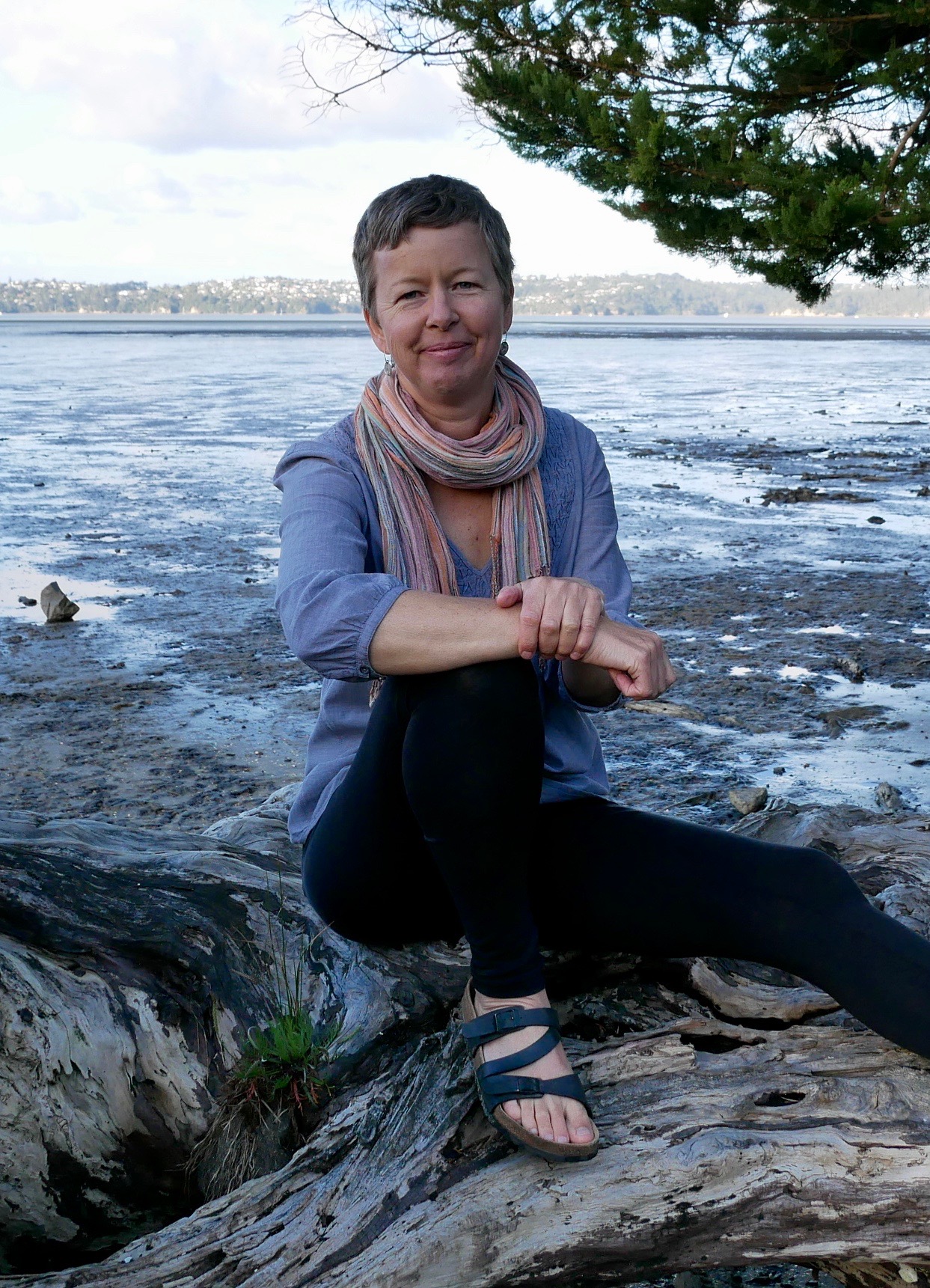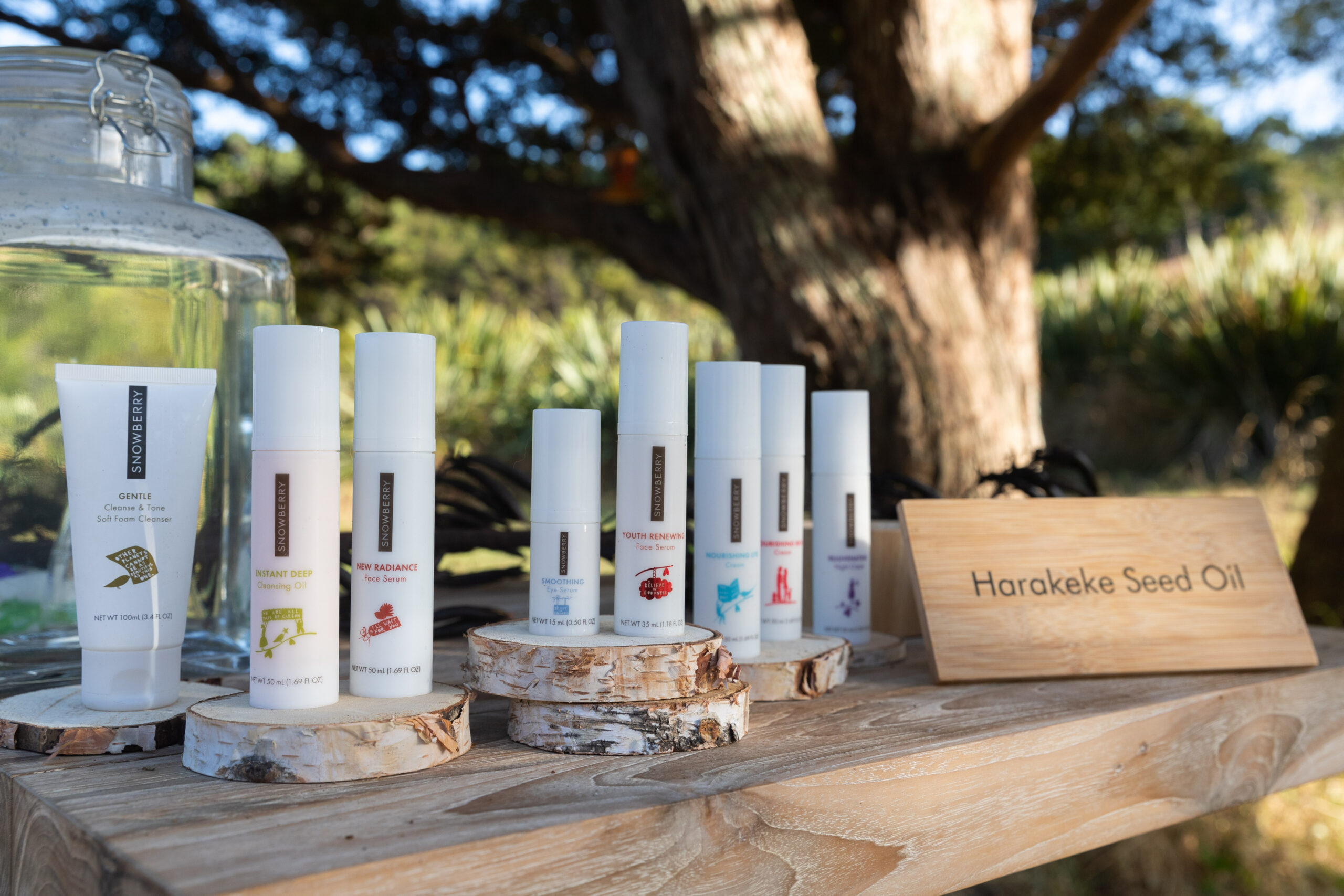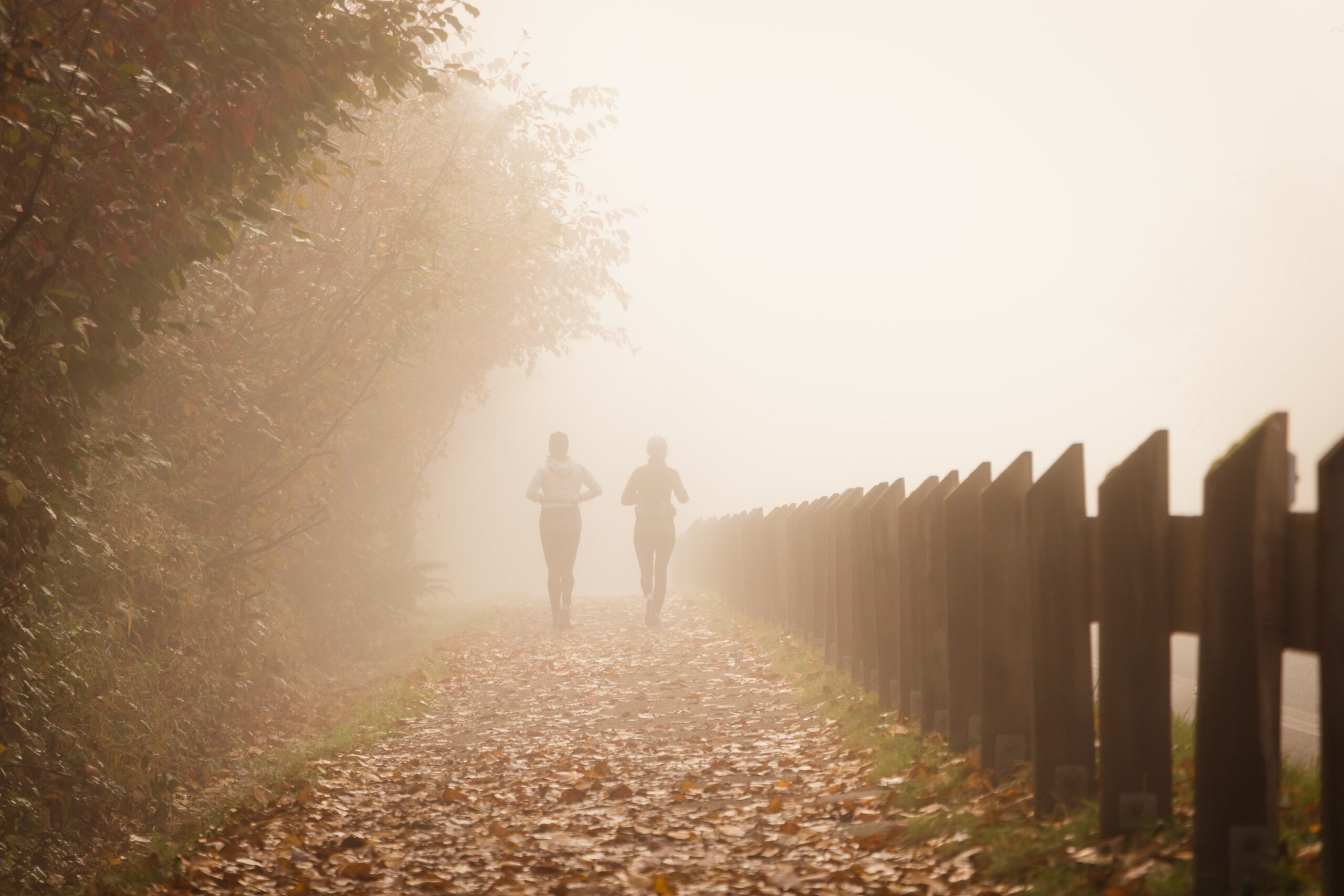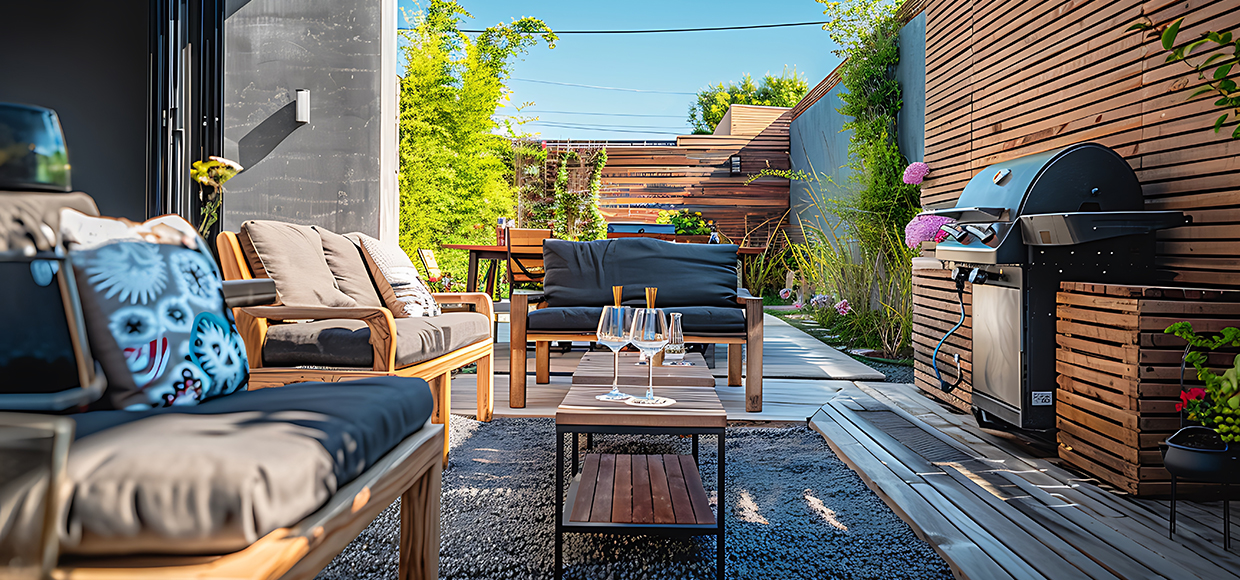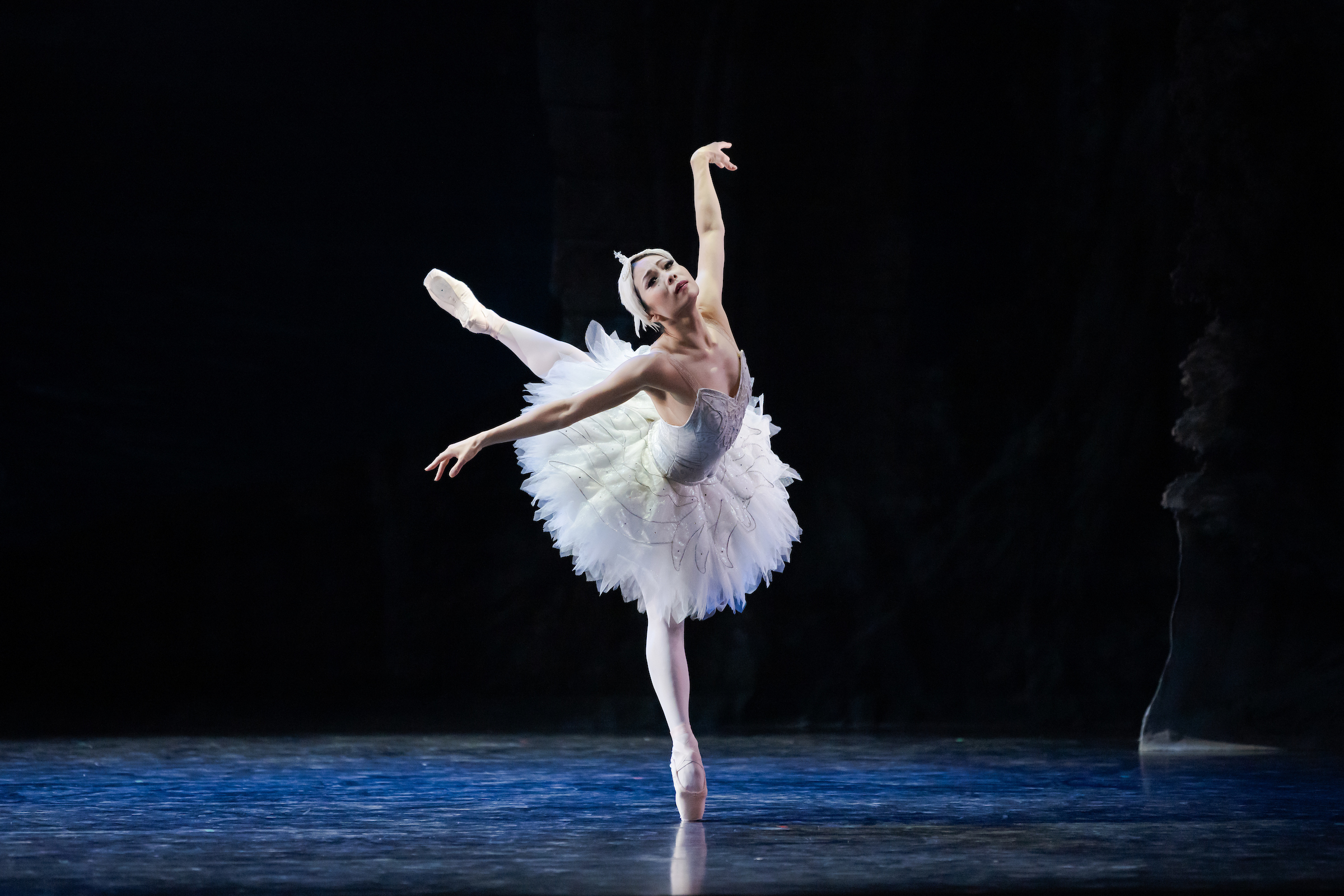Verena Jonker shares how practising Qigong has helped on her path to wellness.
I have always been very creative, and loved to draw and to make things. I applied for several art schools, but instead chose to study graphic design. Then, I discovered the film and television industry; I could combine my practical know-how with my design skills. It seemed like the perfect career for me, and I threw myself into it. Initially I worked mostly on TV commercials but later was lucky to land contracts on some big films including The Lord of the Rings, Vertical Limit and The Last Samurai. Although the long hours and constant challenges of the work were really demanding, I got to live in different places around New Zealand, be surrounded by creative people and beautiful locations, and I just loved it! I worked really hard, but the pay was good, and I could afford to enjoy a life that included plenty of red wine, eating out and overseas travel. I thought I had nailed it.
So it was a real shock when, at the age of 36, I found myself unable to cope anymore. I was constantly tired, had dizzy spells, and trouble thinking straight. I was in the process of securing a contract on The Hobbit movies but I felt so unwell, there was no way I could take it on.
Over the next few months my health worsened, I had a range of debilitating symptoms including fatigue, anxiety, IBS, itchy skin, mood swings, muscle and joint pain, and trouble sleeping. Several years, and many doctors and holistic health practitioners later, I now had a diagnosis of Chronic Fatigue Syndrome, but I had still gained little clarity on the causes of my symptoms.
Although I saw some improvements, nobody really seemed to have the answers I was looking for. I was desperate to try something different.
Then in 2012, two years after my diagnosis, I heard about ‘Qigong’ (pronounced chee-gong, sometimes referred to as chi-kung). I booked myself in to a week-long Qigong retreat in the South Island, knowing very little about what it was, other than that it was a type of meditation. TherealisationsI made in that week were profound. I realisedthat my busy lifestyle had completely drained me of my ‘Qi’ or life-force energy. As I learned more about ‘Qi’ and its role in human health, I could finally fill in the gaps in my understanding of the causes of my symptoms. I also gained some practical ways to begin to address them and move forward.

After practicing Yuan Qigong for just two years, I realised I wanted to broaden my understanding and become a teacher. I am now a qualified level Five Yuan Qigong teacher. The journey hasn’t been easy, but all the symptoms I was struggling with a few years ago have either completely gone or improved dramatically. I can now say that I’m not only healthy, but also very happy. Despite a much simpler and quieter life compared to my days of working in the film & television industry, I am much more content.
So what is Yuan Qigong?
Qigong, and its close cousin Tai chi, originate in China, and their origins are thousands of years old. Both forms aim to cultivate our ‘Qi’ or life-force energy. The practice of Qigong reduces stress and focuses the mind, and has been proven to have wide ranging health benefits such as reduced anxiety, lowered blood pressure and improved immune system functioning.
Yuan Qigong (pronounced You-an Chee-gong) is a new Qigong method created by Wellington based Qigong master Yuan Tze. Yuan Qigong includes both still and moving meditation practices and it is easy to learn.There are nine Yuan Qigong methods (sets of movements) that are designed to bring the body, mind and heart into alignment and to help release long held patterns that may block wellbeing.
Yuan Qigong is just one of the tools in Yuan Tze’s toolbox for cultivating a happier and healthier life. From several decades of study and personal application, he has developed a comprehensive system to help people with all aspects of life, including improving energy and fostering better physical health, clarifying and focusing our thought processes, and opening up our hearts and our consciousness. This approach is called REN XUE (pronounced Rern Shueh).
In 2019 Yuan Tze will be running a series of REN XUE workshops around New Zealand, open to all. This is the first time he has offered workshops here in his home country of New Zealand since 2010.
There will be weekend workshops in Whangarei, Auckland, Motueka, Christchurch and Dunedin.
For more information on the workshops go to yuantzecentre.com
To check out Verena’s classes and events go to facebook.com/yuanqigongauckland/


